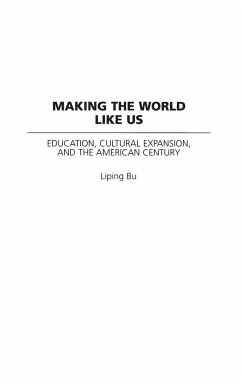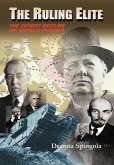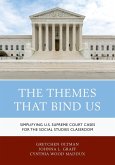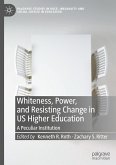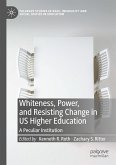This is the first systemic investigation of the various efforts to promote the expansion of American culture via major religious, social, political and governmental institutions. Christian missionaries, secular cultural elite, and the government have served as three major forces pushing American cultural values and political idealism abroad, although each has emphasized different elements of Americanism-Christian beliefs, individualism, democracy, and free enterprise-in championing American leadership. In the course of American ascendance as an international power and a superpower, education caught the imagination of different groups as the means to shape individual views and world outlook from the American perspective. Major philanthropic enterprises have likewise hoped to encourage positive sentiment toward American influence. Education has served as the vehicle to train future world leaders who, acting as cultural agents of transmission, were expected to carry American values and ideas to their home countries. The exportation of American culture, however, encountered challenges as those future leaders experienced contradictions of the ideals they were taught to embrace in the daily life of American society. Moreover, different players emphasized different elements of Americanism in their educational endeavors. This study analyzes these challenges and the tensions inherent in the exportation of American cultural influence on a global level.
Hinweis: Dieser Artikel kann nur an eine deutsche Lieferadresse ausgeliefert werden.
Hinweis: Dieser Artikel kann nur an eine deutsche Lieferadresse ausgeliefert werden.

